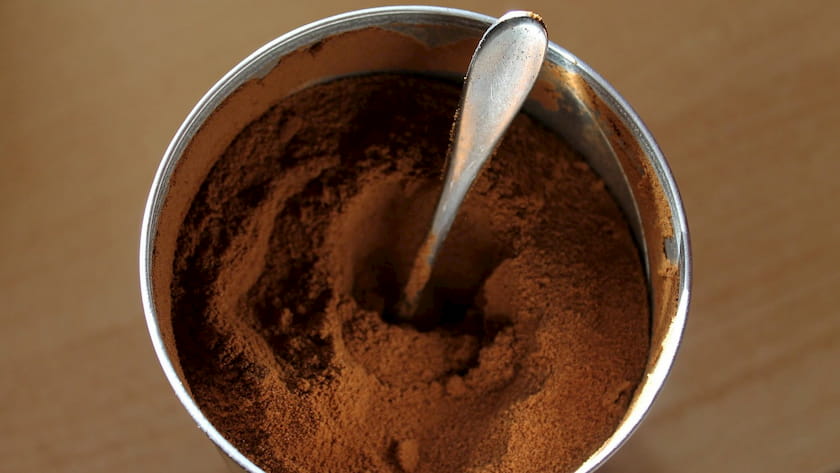You know that protein is necessary for building muscle, but what may not be as easy to understand is the exact amount that you need to efficiently gain lean muscle tissue. From celebrity doctors to fitness blogs, chances are you have read a variety of different answers, all claiming to be the magic number.
So what is the proper amount of protein you should be consuming to optimize your muscle growth? The truth is that the answer is not as simple as a universal number.
There are a variety of factors that enter into the equation that determines just how much protein you’ll need to ensure results. These factors include weight, height, age, gender, genetics, and current fitness level. The good news is that you can take these factors into consideration to discover your personal protein requirement.
How Protein Absorption Works
Put simply, protein absorption is how quickly and efficiently your body can absorb and assimilate amino acids. When you consume a high protein meal, it is broken down in the stomach into amino acids. Known as the building blocks of muscle, these amino acids are then transported via your bloodstream to various parts of your body to aid in muscle tissue repair and growth. The body can also store these amino acids for future use.
In a perfect world, you would have an unlimited army of these blood transporters, capable of delivering amino acids to every muscle cell every hour. The reality is that your body can only do so much. You may drink and eat 100 grams of protein in half an hour, but that doesn’t mean your body will be able to use all of those amino acids.
Just how fast can your body absorb these proteins? Again, it’s not that simple. There are several factors that must be considered.
Factors to Consider on Protein Absorption
First and foremost, protein absorption can be greatly influenced by the amount of muscle on your frame. The more muscle you have, the more protein you need. Muscle needs amino acids for more than just growth; it needs these nutrients to maintain itself. A dramatic reduction in protein consumption will result in muscle tissue breakdown over time.
Your current activity level also plays a large part in the amount of protein you require. Obviously, the more you are engaging in physically demanding activities, the more protein your body will need for maintenance, repair, and growth.
Hormones have a hand in protein synthesis as well. Studies have shown that lower testosterone levels are directly correlated with higher levels of insulin resistance. If your body isn’t primed for protein assimilation post-workout, you’ll quickly see this protein go to waste.
Different proteins break down and assimilate at different rates. For instance, whey protein is fast digesting, which is why it’s recommended right after a workout. Casein protein, on the other hand, is very slow digesting, hence why many people take it at night.
Other factors that may influence protein breakdown are blood type, stomach bacteria, and stomach acidity levels. If you’re using a proton-pump inhibitor, for instance, then your stomach acid levels may be quite low, resulting in a slower digestion time.
Fasting and Protein Absorption
One diet that is becoming extremely popular is intermittent fasting. The current mindset for many athletes involves waking up and immediately feeding the muscles that have been “starved” throughout the night. This kicks off the daily pattern of eating a meal or protein supplement every 3 to 4 hours.
Intermittent fasting seems to break every rule of protein consumption for muscle building, as it requires an extended fast, anywhere from 12 to 20 hours, followed by a feeding window. Studies have shown intermittent fasting did not negatively impact lean muscle tissue gains. In fact, some studies have revealed an increase in human growth hormone, which is capable of supporting and building lean muscle mass.
There Is No Magic Number
You’ll find a variety of different sources trying to answer the question of how much protein can you absorb per hour. One study claimed that the human body was only able to digest between 5 and 9 grams of protein per hour. This is quite surprising considering the average scoop of whey protein provides between 15 and 25 grams of protein.
Another study pointed out that the body could absorb as little as 1 gram of protein per hour and as much as 10 grams. Again, not a significant amount considering the current “more is better” mindset that is rampant in the bodybuilding world.
The most common number that is offered in terms of ideal protein absorption is between 20 and 30 grams of protein. This range may be based on a misunderstanding of human digestion as well as a commonly referenced study, stating that there is no difference between eating 20 and 50 grams of protein (20 grams was the most absorbed post workout).
This number, as middle ground as it might seem, is also problematic because it does not take into account the body’s ability to store and utilize during times of need for preventing muscle tissue breakdown, repair, growth, etc.
In other words, your body may only use 10 grams per hour, but if you are ingesting a meal that contains 30 grams of protein every 3 to 4 hours, then your body will be able to store the remaining protein and utilize it appropriately during the second and third hour before your next meal is consumed.
Conclusion
You do not have to put as much weight on your protein consumption as you might think. Ingestion and assimilation rates may vary, but the body is efficient at storing amino acids until they are needed. Even though there is no magic number, 20 to 30 grams per meal is still a great standard to go by. It seems to be the best shot you have at maximizing your protein assimilation regardless of the rate of digestion. Strive to eat a meal or supplement with 20 to 30 grams of protein every 3 to 4 hours.
References:
1. Crane. C.W. “The digestion and absorption of protein by normal man. 1960. http://www.ncbi.nlm.nih.gov/pmc/articles/PMC1204162. Web.
2. Matthews, D. M. “Protein Absorption” 1971. http://www.ncbi.nlm.nih.gov/pmc/articles/PMC1176257. Web.




Leave a comment
All comments are moderated before being published.
This site is protected by hCaptcha and the hCaptcha Privacy Policy and Terms of Service apply.